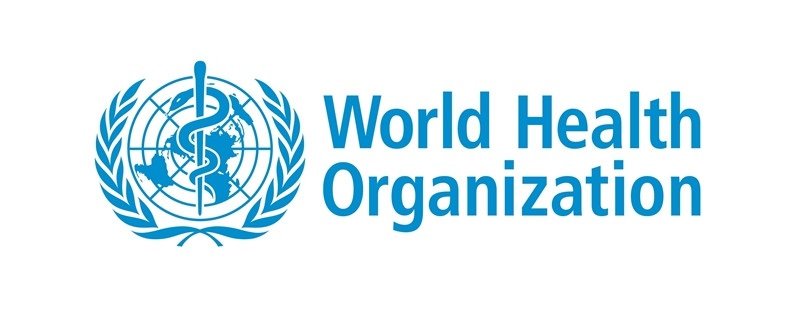Global health is a graveyard of good intentions. WHO’s Director-General, Tedros Adhanom Ghebreyesus, gave a widely admired address to the World Health Assembly last week. He spoke of “the profound….

Global health is a graveyard of good intentions. WHO’s Director-General, Tedros Adhanom Ghebreyesus, gave a widely admired address to the World Health Assembly last week. He spoke of “the profound consequences of conflict” for health and concluded his speech with these words: “Unless we seek peace, we will find war. Today, and every day, we have a choice—we make the choices. And today, and every day, we must choose health for peace, and peace for health. Peace, peace, peace.” One choice his agency has made is to erase the existence of over 5 million people from its “comprehensive” assessment of world health—WHO’s flagship World Health Statistics 2022. Despite being a member of WHO’s Eastern Mediterranean Region (EMRO), the occupied Palestinian territory (oPt)—3·2 million people in the West Bank and East Jerusalem and 2·2 million people in the Gaza Strip—is absent from WHO’s data. There is only one mention of the oPt: in a single chart of crude death rates for COVID-19. But elsewhere, in tables of indicators for the Sustainable Development Goals, annexes of global health estimates, and even in the list of EMRO members, the Palestinian people have been entirely erased. WHO is guilty of nothing less than statistical genocide—the deliberate elimination of a people with the aim of extinguishing their existence.
For the past decade, the UN Relief and Works Agency (UNRWA), together with The Lancet, has convened a side meeting at the World Health Assembly to discuss the health predicaments of Palestinians. Dr Mai al-Kaila, Minister of Health for Palestine, and Dr Ahmed al-Mandhari, EMRO’s Regional Director, spoke at last week’s event. Dr al-Kaila emphasised that “without health we can do nothing”. Rik Peeperkorn leads WHO’s Office for the oPt. He pointed out that Palestinian life expectancy, infant and under-5 mortality, and maternal mortality were all worse than those of the occupying nation. Occupation created successive financial crises for the health sector. Movement restrictions, violence, obstructions to the delivery of health care, the arrest and detention of health workers, and damage to health facilities have all shrunk the humanitarian space for Palestinians. Dr Ghada Jadba, who leads UNRWA’s Gaza field health programme, reported the effects of four wars on the Gaza Strip since 2007. Dr Ameer Qoulaq, a UNRWA medical officer in Gaza, described how 22 of his relatives were killed during an attack in May, 2021. UNRWA’s Health Director, Dr Akihiro Seita, closed the session saying simply: “I don’t think we should accept this”. WHO’s Director-General tabled a report to the World Health Assembly last week on health conditions in the oPt. He made seven recommendations to the Government of Israel—end the arbitrary delay and denial of permits for Palestinian patients in need of essential care; end the arbitrary delay and detention of ambulances and health-care staff at checkpoints; facilitate entry of all essential medicines and medical supplies; end discriminatory planning policies that prevent the development of health facilities; ensure protection for health workers; ensure timely provision of health services to Palestinian prisoners; and address the social determinants of health for Palestinians by ending movement restrictions, demolitions, displacements, and the use of excessive force. The Israeli delegation condemned WHO for its “double standards” in holding this debate—“Israel is put on trial every year, Israel is treated differently every year, and Israel has its own item every year”.
I asked WHO why it excluded Palestinians from their World Health Statistics. EMRO replied that “oPt is recognised as a member of EMRO countries and oPt is included in all EMRO reports and data”. So why does WHO Headquarters erase Palestinians from their official statistics? No credible reason was offered. WHO acknowledges that the oPt is a place of sufficient population size to warrant inclusion. The agency will review the oPt’s status for future reports. WHO’s Director-General was right to argue that peace is a prerequisite for health. But, as anyone who spends time in the oPt knows, to speak of peace in the absence of justice is to fail to understand the predicament of a people who have endured, in the Palestinian–American historian Rashid Khalidi’s words, “the hundred years’ war on Palestine”. WHO must rectify its erasure of the Palestinian people, commit to including the oPt in its future assessments of global health, and never speak of peace without justice.
